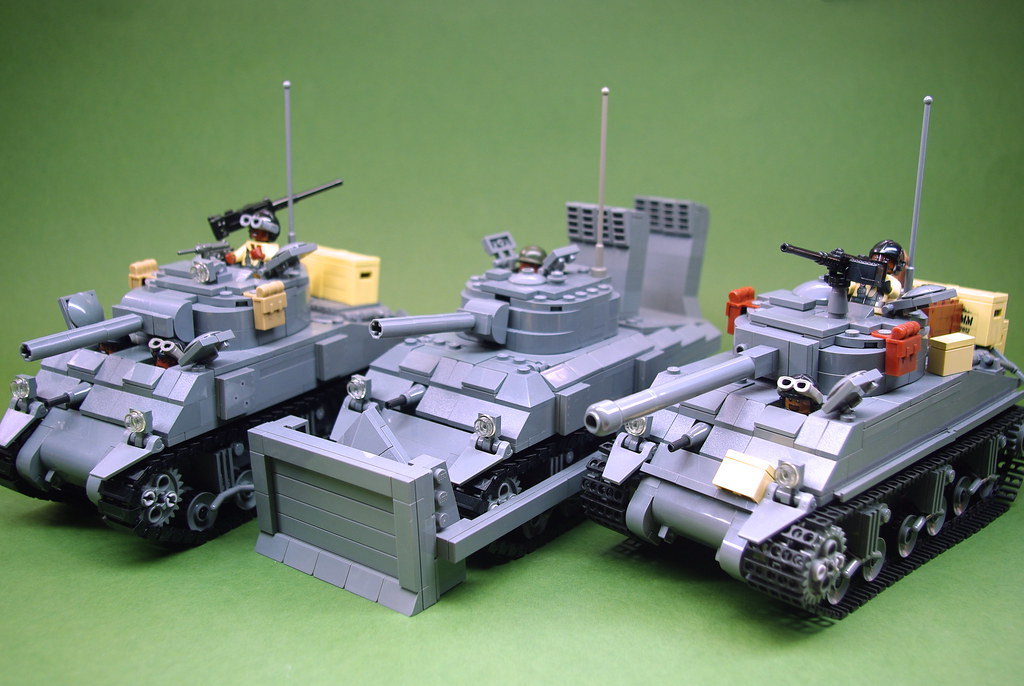
Allen You is a senior at Ladue and the co-editor-in-chief for the Panorama. This is his second year on the staff. His guilty pleasure is listening to too...


March 10, 2022
I hate militarism.
One of the most jarring things to hear is when US military personnel are called “heroes.” Why are they heroic? Are they heroic because of the simple act of fighting? Certainly not, because then we would call the adversaries “heroes” as well; and that wouldn’t make sense, would it?
Are they heroic because they save lives? Certainly not, because the amount of American citizens that have died due to war is literally nothing compared to the amount of civilian lives Americans have taken in the Middle East, Africa and elsewhere. In this case, we might just be villains.
Or perhaps they’re heroes because they protect the values of democracy and justice. On this point, we get a little closer to the truth, because service in this case becomes symbolic at best. Every additional person in the military is an additional vanguard to the some symbolic quality of American virtue that the country embodies.
It’s as if this holy idea of justice and democracy was tangible. One could hold it in the palm of their hand, guard it, savor it and bask in it. Not only that, but it’s exclusive. It is for the privileged, which is what Americans are and believe we deserve as a part of the American Dream. But it can be threatened, stolen and shattered.
With that, it makes sense why 9/11 mattered so much, because it was the physical representation of our security being demolished in the heart of New York City. Years of violence in Iraq, Afghanistan and Yemen witnessed and sensationalized on television became a real experience for millions. Suddenly, we were symbolically “not safe.” Democracy and justice were not safe. Insecurity became an insane aggression and America jumped into the War on Terror.
Militarism can simply be explained by a belief that war and the military should be valued over other things. But some scholars, like James Eastwood, expand militarism to more than a simple belief. It’s also social practice that binds material and ideological conditions: “As a sociological phenomenon, militarism is inherently rather than contingently ideological: it always includes an ideological legitimation of violence. It is a structural relationship between military practices and the individuals who participate in them, which takes effect by interpellating those individuals as subjects who desire war and military activity.”
Understanding a more complex version of militarism is key to understanding the American military and how we view war.
Much is to be said about how we justify violence in the modern world when there’s such a focus on peace, human rights and justice in Western democracies. Indeed, it’s more subtle, beyond basic warmongering and bloodlust. Militarism, according to Eastwood, validates violence by blurring the distinction between civic/military activities. In fact, military actions contribute to or serve civilian purposes. Whereas war used to be about using force to subject will onto another nation, uninvolved with civilian activity, current war serves an even more violent tendency, that of subjecting entire populations and not just other governments, to one’s will.
The most prevalent example now is, of course, the Russian invasion of Ukraine. One wonders why soldiers, generals and political leaders follow Putin into Ukraine at all, especially when Russian oligarchs continue to lose massive proportions of their net worth and citizens protest. Whether you want to call it chain of command, consolidating masculine identity or simply incentive, there’s something bigger pushing Russian soldiers to fight on his behalf.
Eastwoods cites Žižek on this idea, “The claim to be acting non-ideologically often represents the strongest manifestation of ideology – and this is a claim which militarism frequently makes. Wars are often presented as necessary or unavoidable in order to legitimate them. Moreover, this aura of necessity is often required to activate and consolidate the other components of militarist desire.”
And the BBC tells us this about Putin, “In a pre-dawn TV address on 24 February, President Putin declared Russia could not feel ‘safe, develop and exist’ because of what he claimed was a constant threat from modern Ukraine.”
The connection is pretty clear. Putin first declares war on a non-ideological purpose, that of “security.” Russia cannot be secure with Ukraine uninvaded. By attacking, they are protecting.
BBC continues, “He claimed his goal was to protect people subjected to bullying and genocide and aim for the ‘demilitarisation and de-Nazification’ of Ukraine. There has been no genocide in Ukraine: it is a vibrant democracy, led by a president who is Jewish.”
So there does seem to be some kind of justification beyond basic security that Putin proposes. It’s one that’s more complex and very obviously wrong, as compared to a wishy-washy statement like “security.”
On this, Eastwood seems to make a correct prediction, “it is our subjective engagement which is the essential dimension of [militarism’s] efficacy: the way that certain beliefs – true or false – entice the desiring subject into continued participation.”
We as Americans seem quick to refer to veterans as “heroes,” symbolic defenders of something half-ideological, half-material as liberty, justice or democracy. This leads to a question in my mind: is it safe to assume that Russian soldiers are just as dignified as American ones? It’s easy to think that they go to war for no reason besides loyalty, but with reasons as poor as Putin’s, violence justifies itself in other ways.
And thus is the “enticement” that pulls soldiers into continued participation. It is a certain glorification in addition to the masculine idea of the “hero,” “protector” or “guardian” that pervades militaries everywhere. Of course, Russia is the one attacking, but only because it is necessitated by threats to the mother country. It is in the name of “security” that they attack, as ironic as it is. But it makes sense because otherwise the average Russian soldiers has nothing to gain from fighting in Ukraine.
We as Americans are also quick to criticize Russia. President Biden denounces the war, even though during his time as Obama’s vice president, he justified violence in the Middle East in the name of “national security.” We as Americans are quick to criticize Russia even when our own police wage war on black communities, run over Black Lives Matter protests with tanks and gun down people in their own homes.
People can claim that these threats indeed are real, feel real (“crime” and terrorism are, in fact, not a threat to American soil). But we can certainly put into perspective the insane threat of pervasive militarism as a response to each of these “issues” and wonder if it’s even worth it. We say it’s not worth it for Russia, misunderstanding that their thinking harshly mimics our own.
Don’t be so surprised Putin invaded Ukraine. Arguably, America did it first.
In conclusion, I hate politics.

Allen You is a senior at Ladue and the co-editor-in-chief for the Panorama. This is his second year on the staff. His guilty pleasure is listening to too...
Akhil Nadithe • Mar 31, 2022 at 7:41 pm
👏